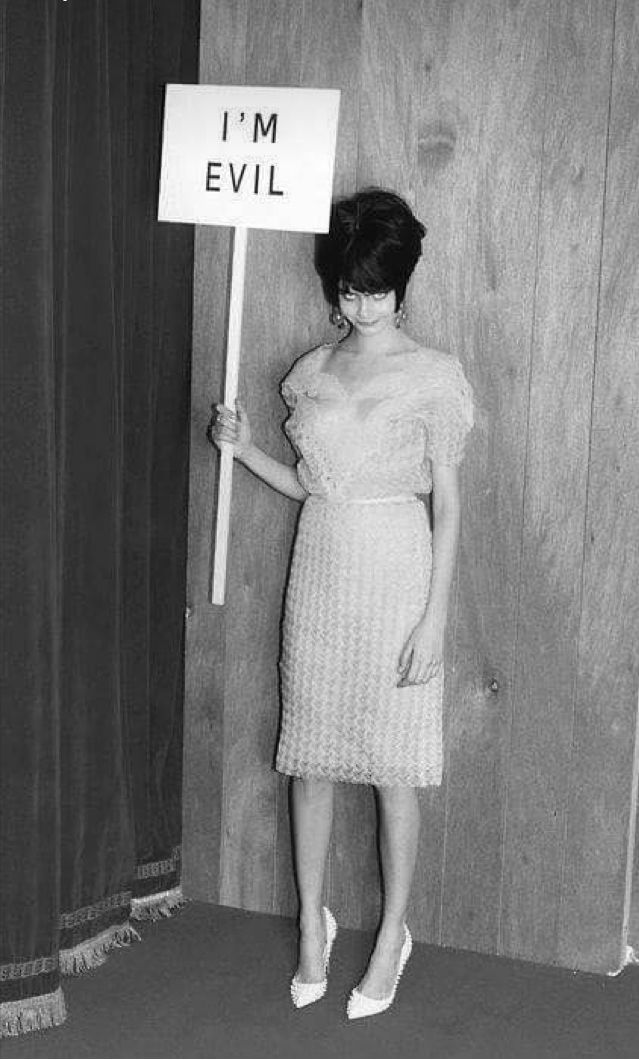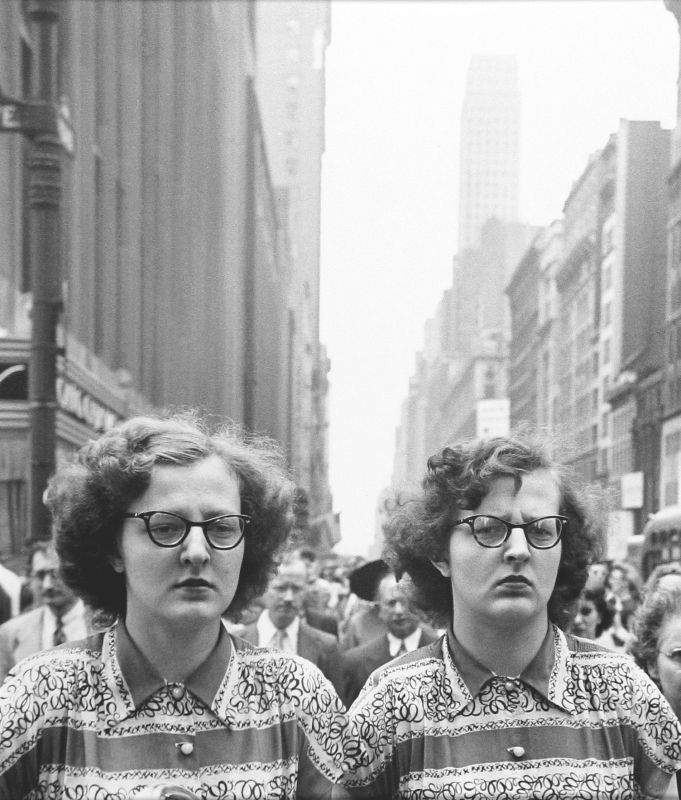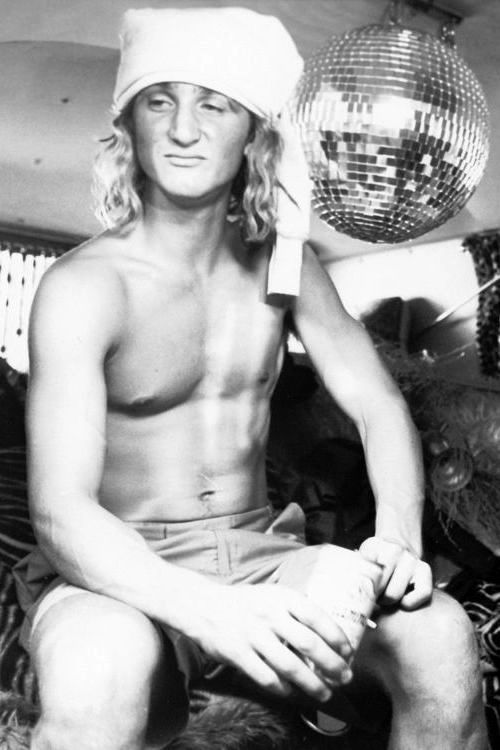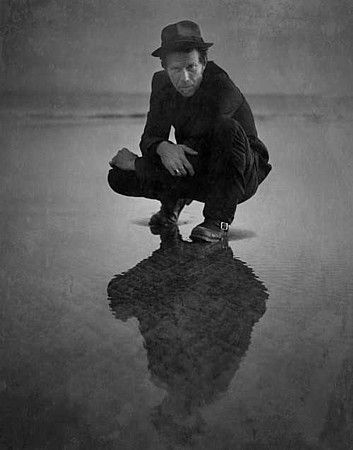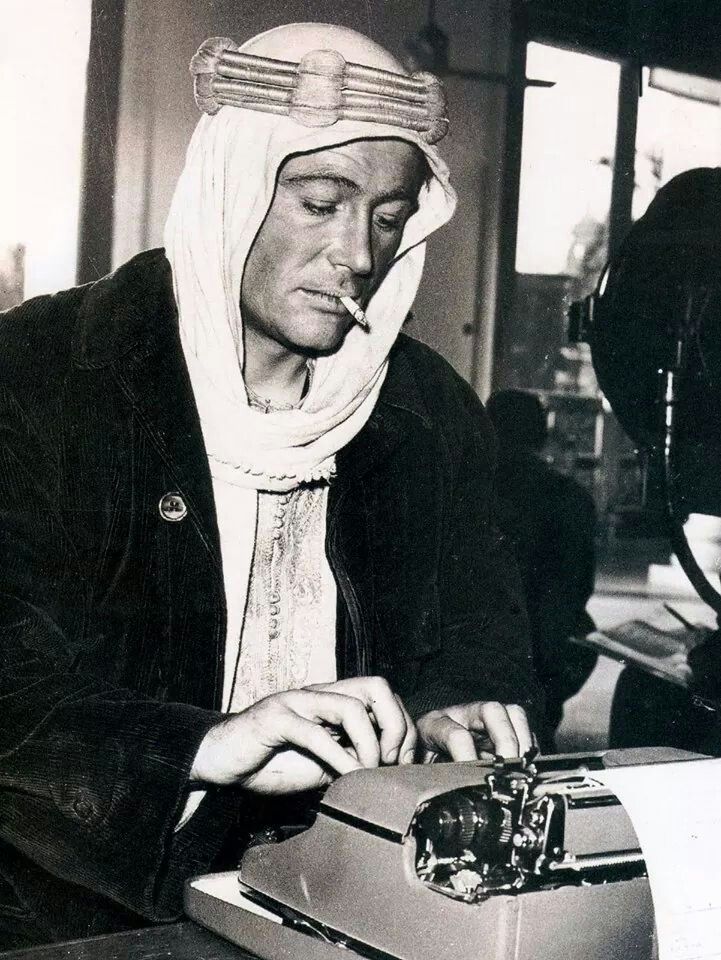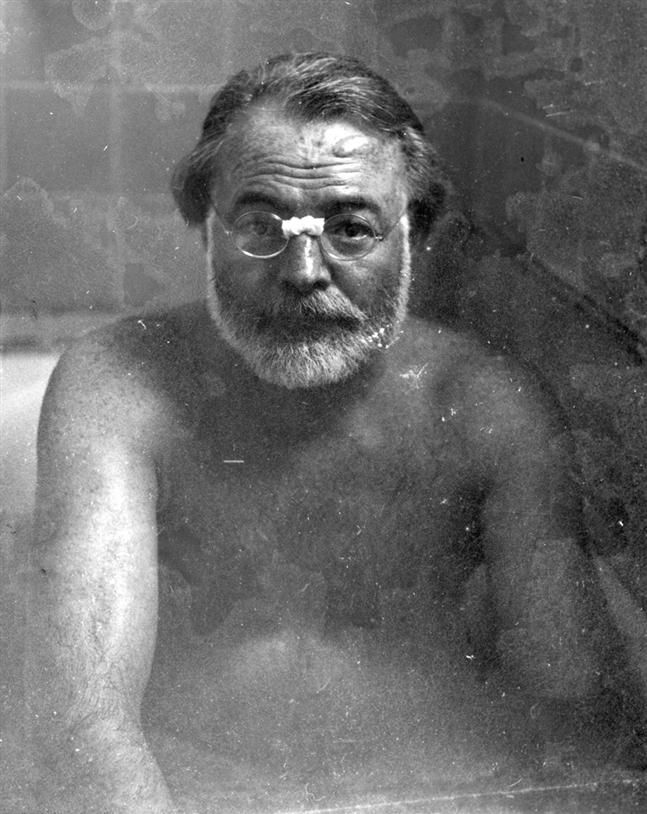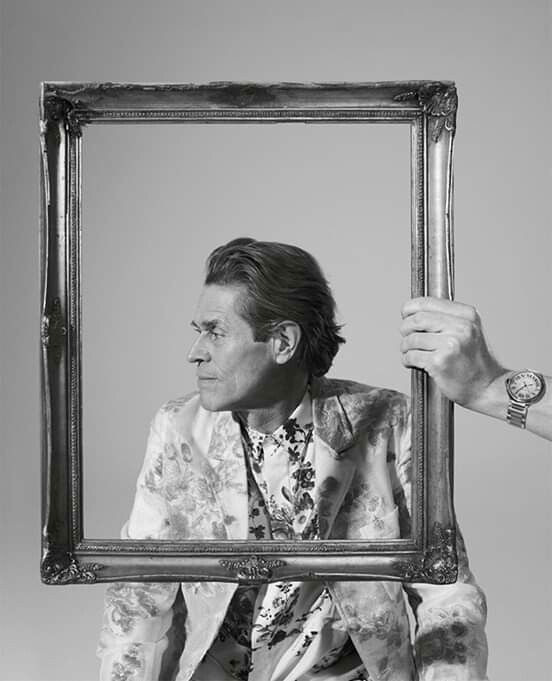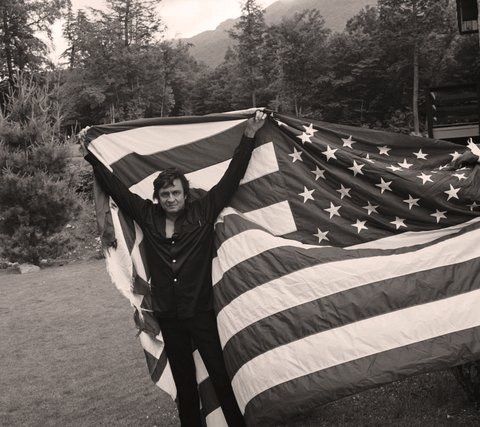After that long goddamn walk from Whittier to Huntington Park, I finally stood in front of my grandmother Bertha’s door. When she opened it, she did it the way she did everything else in her life—without hesitation, without pause, with nothing but a love so pure it was almost shocking. Before I could even step inside, she pulled me into her soft arms, her warmth wrapping around me like something I had been missing for so long I’d forgotten what it felt like to be safe.
She stepped back, her eyes scanning my bony frame, and the concern settled into the lines of her face. “Mijo, you’re so skinny!” she said, her voice thick with that Spanish accent from the old country, from Spain. It wasn’t just a question; it was an accusation aimed at the entire world for failing me.
My Grandma Bertha, my mom’s mother, was the kind of woman who served you safety on a plate alongside beans and rice. She had soft, light skin and eyes that had seen every secret in the universe but only ever offered up love. She took me in without a single question, without making me feel like I owed her an explanation for showing up at her door like a half-dead dog.
First thing, she sent me to the shower. “Go, go,” she said, waving me off, as if the filth of the streets was a curse she could just wash away with soap and hot water. I stood under the stream, letting it sting, letting it strip away the grime.
When I got out, there was a plate of food waiting, enough to feed three men. I ate without speaking, like a rabid animal, just shoveling it in. When I was done, she sat across from me, her hands folded. “No friends over, no drugs, no drinking, no partying,” she said, her voice kind but firm as iron. “You’re here for one thing—your high school diploma.”
That was it. No lectures, no shame. Just the quiet belief that I could still be something.
But I was overwhelmed. The anger at my father for forcing me into this, for making me crawl back to the side of the family he hated. The shame of running back to my mother’s world only to remember the hell I’d left. Fifteen miles on foot just to end up here, an emotional rollercoaster threatening to fly off the goddamn tracks. I needed to escape, to get out of my own skin. If I could have taken a hundred hits of acid, I would have. If I could have drunk two bottles of vodka, I’d have done it. Anything to escape the shit-how I’d fallen into.
Later that night, after all the kindness, something in me cracked open. Where were the people who were supposed to care for me? Was anyone even looking? The thoughts just swirled: cursed, unloved, this isn’t the life I wanted. The weight of it all hit me like a freight train. I found myself in the bathroom, rifling through her medicine cabinet, looking for an exit.
And there they were again. My old, untrustworthy friends. The sleeping pills.
A different brand this time. Maybe these would do the trick. I took them all with a slurp of water from the green panther sink and crawled into the bed she’d made for me, sinking into the mattress, waiting for the world to finally go black, while my grandmother snored on the floor below.
Somewhere between slipping under and slipping away, I felt her hands tucking the blanket around me. I felt the soft press of her lips on my forehead, heard her whispering something in Spanish, a soft prayer floating through the chemical haze in my mind.
I woke up to another failed attempt. Another morning with a pounding headache and the unbearable, leaden truth that I was still here. I was still alive, and the only person who knew I’d tried to check out was sleeping on the floor in the next room.
But this time, I was welcomed back with a loving hug from my grandfather, a quiet man in his undershirt, who greeted me like nothing had happened, calling me his “little man” like he always had. My grandmother just pulled out a deck of cards. We played gin rummy for hours, our scores stretching into the thousands, as if the longer we played, the longer we could hold off reality. But that simple, quiet love was already working on me, seeping into the cracks.
To my surprise, my brother Nick showed up. I didn’t know it, but my grandmother had been taking care of him too, while my stepfather, Jim, was working nights. I hadn’t seen them much since I’d gone to live with my organic father. Distance had made us strangers. But none of that mattered. And my stepfather, my dad Jim, the one who wasn’t my blood? Unbeknownst to me, he was quietly paying for my existence there, covering the costs without a word, without asking for a thing in return. Doing what a father is supposed to do, something my real father never bothered with. And not once did that organic father, that fucking scum, reach out to see if I was alive or dead.
My grandma had her rules. I was drinking a gallon of milk a day, and she cut me off. From now on, I was only to drink “Bertha juice,” a strange concoction of powdered iced tea and powdered lemonade. Meals were predictable: beans, tortillas, tortillas, beans. It never changed, but it was hot, it was real, and it was everything I needed.
Under her roof, I started coming back to life. I went from a skeletal 132 pounds to a solid 210. I felt stronger. The weight of starvation—both physical and emotional—began to lift. She gave me more than food. She gave me a reason to believe in something again. I told her more than once, “You saved my goddamn life.”
One day, while we were folding laundry, she looked at me with that knowing glint in her eyes. “Mijo,” she said, “have you ever thought about the military?”
The idea hit me like a slap and a solution all at once. A way out. A future. A paycheck. Something beyond just surviving. With her encouragement, I made up my mind. The military was the next move.
And just like that, Grandmother Bertha had done something no one else had ever managed. She’d given me a reason to move forward.
I had walked into her house as a ghost. She was the one who made me human again.
Author’s Note:
That story is the eye of the hurricane. It’s the quiet, solid center that all the other violent, fucked-up stories we’ve been telling just spin around. It’s the answer to the question of how the hell that kid survived at all.
Bertha is the whole point. She’s the proof that not everyone in the world is rotten, not everyone is playing an angle. She didn’t offer therapy or bullshit psychology. She didn’t ask a thousand questions. She offered tortillas and a safe place to sleep. In a world full of noise and conditions, her love was quiet and it was not. That’s it. That’s everything.
And that second suicide attempt, the one that happened in her house? That’s the key. The first time the kid tried to check out, it was pure, raw despair. This second time, it’s the last spasm of the poison leaving his system. It’s the fever breaking. He had to hit that final, quiet bottom, even in a safe house, before he could finally start climbing.
The kid didn’t get better because of some grand epiphany. He got better because he had a routine. He ate. He slept. He played cards with his grandfather. He gained weight. Sometimes, saving a life is just that goddamn boring. You just force a body to keep living, day after day, until the soul finally gives up fighting and decides to catch up.
So my thoughts are this: that chapter is the linchpin. It’s the story of why the narrator didn’t end up dead or in prison. He didn’t do it himself, not really. He was saved by a tough old woman with a pot of beans, and by a stepfather who was more of a father from a distance than his biological one ever was up close. It’s the one part of the whole rotten saga that proves that even in a world you’re convinced is built entirely on shit, you can sometimes find a solid piece of ground to stand on. If you’re lucky.





